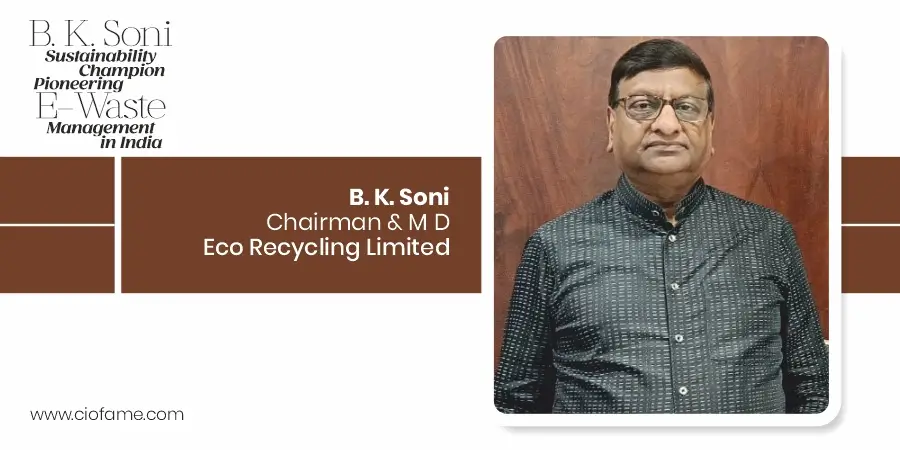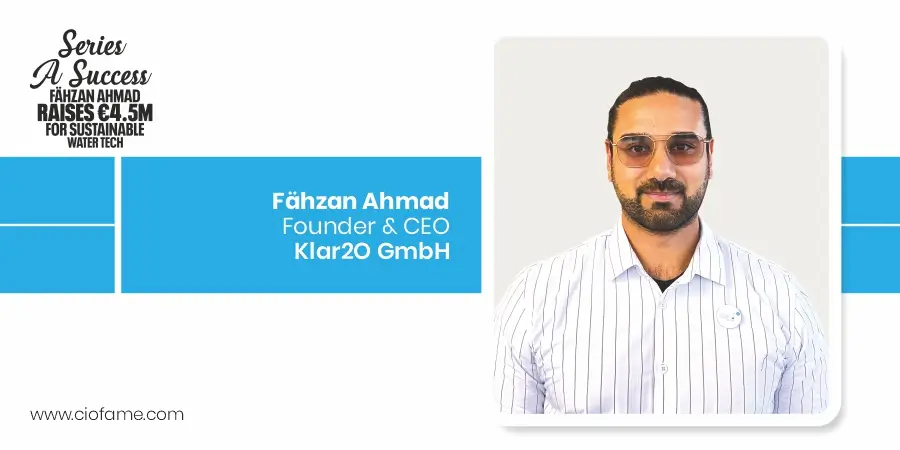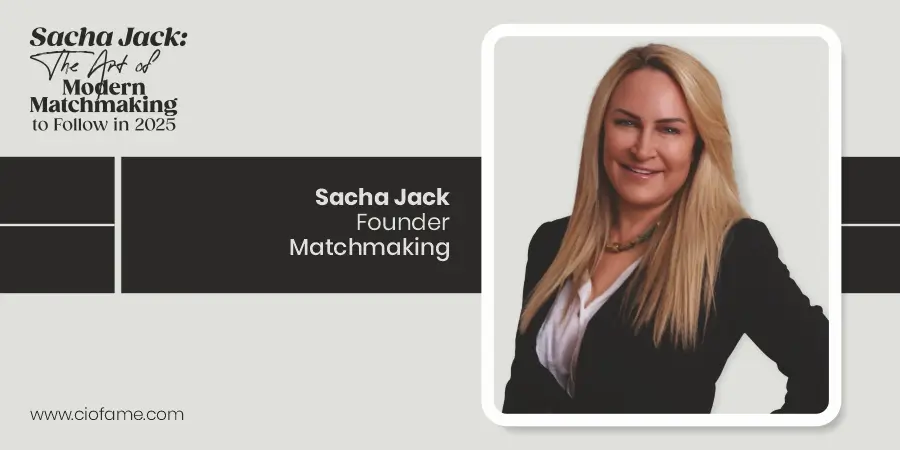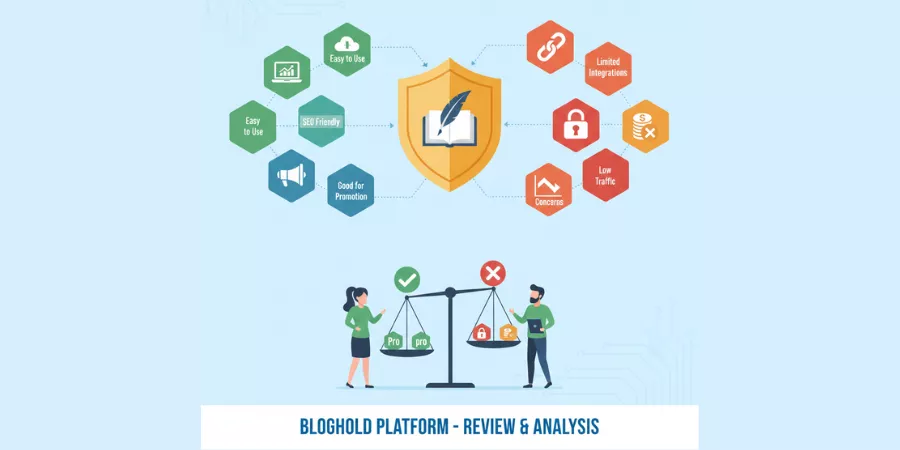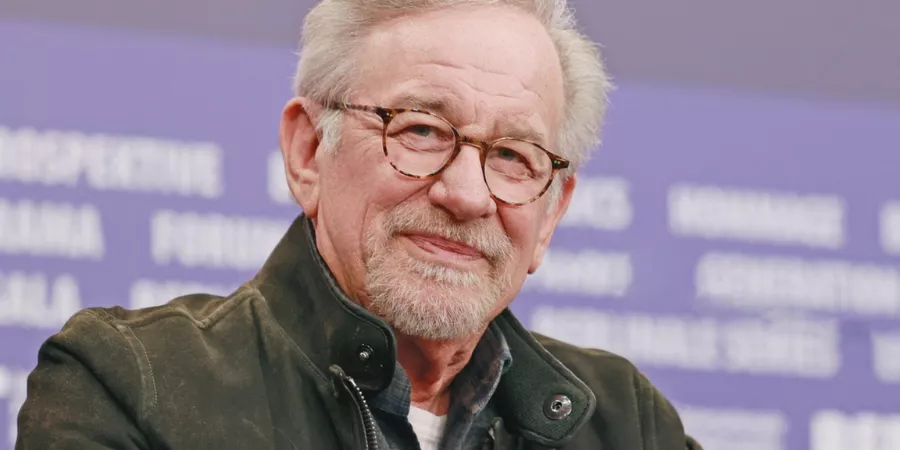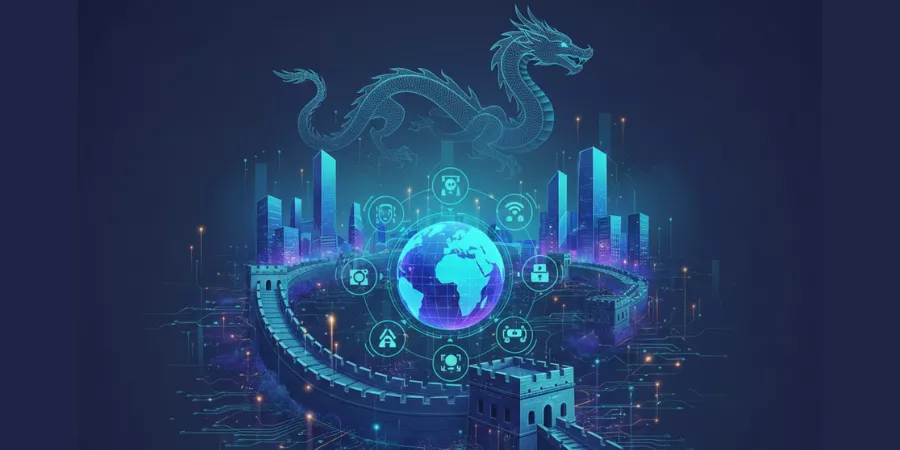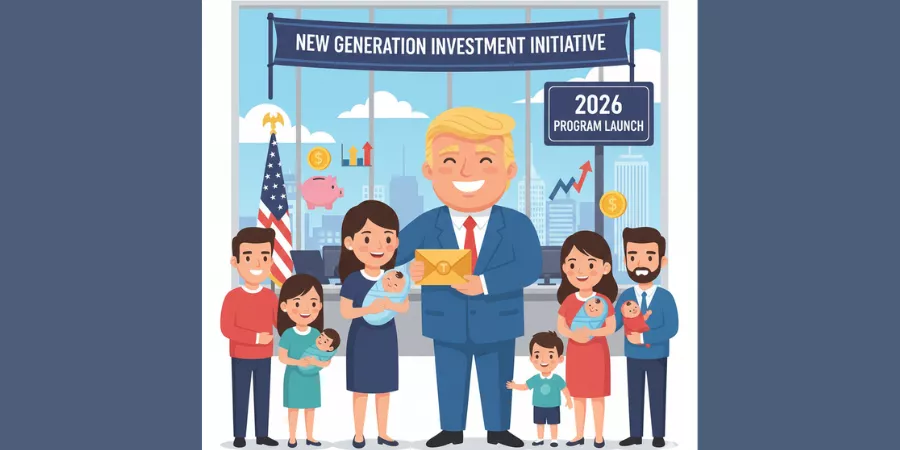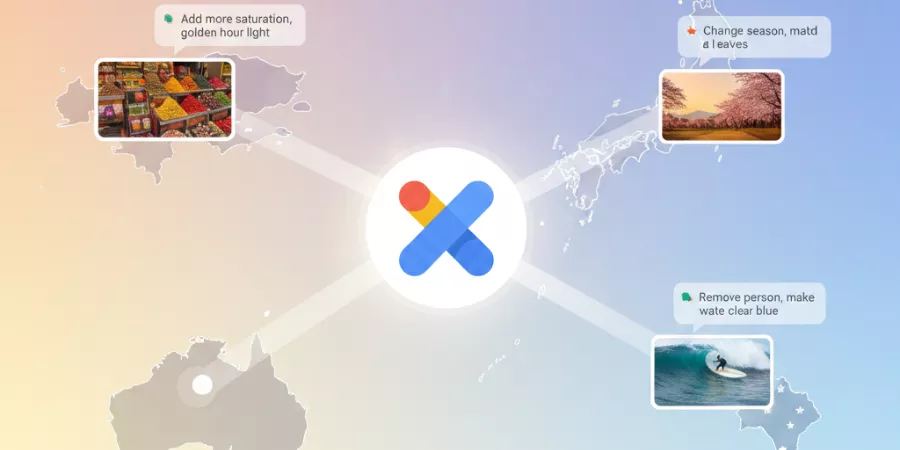Long before e-waste was a talking point, there was a landscape no one wanted to see. It looked like progress on the surface: more computers on desks, more phones in pockets, a rising tide of gadgets that promised efficiency and speed. Beneath that surface, a different terrain grew each day. It was quiet and persistent. It was the mountain that was not there until you looked closely.
When BK Soni looked, he did not look away. He set out to turn that invisible mountain into an urban mine, and to prove that India could formalize a sector that had drifted for years in the shadows of convenience. In 2005, he founded Eco Recycling Ltd. (Ecoreco) and began the work of building a company that treated discarded electronics as a responsibility and a resource at the same time.
Choosing The Unseen Path
The early years were not glamorous. At the turn of the millennium, most of India celebrated the digital revolution, but e-waste was handled almost entirely by informal networks with little attention to worker safety or environmental risk.
People laughed when Mr. Soni said he wanted to build a business here. They called the space unglamorous and left it to Kabadiwallas and unskilled labour. He read the moment differently. He saw a system waiting to be built and a moral obligation to build it.
This conviction led to Ecoreco’s founding in 2005 as India’s first and only listed e-waste recycling company. Over time, the vision drew national recognition, including appreciation in the Prime Minister’s Mann Ki Baat on January 29, 2023, which applauded the company’s circular economy push and a new mobile app for door-to-door collection.
Mr. Soni’s decision was institutional. It marked the beginning of a formal industry where authorizations, compliance, and chain of custody could replace opacity and improvisation. It also signalled a design principle that would repeat across his career: if a system does not exist, build it; if a habit harms the future, change it; if the problem multiplies out of sight, bring it into the light.
Leadership as a Daily Practice
Inside Ecoreco, leadership is not a slogan. It is a series of small, repeatable acts that set the tone for the whole organization. Mr. Soni frames sustainability as the company’s DNA, from energy conservation to safe dismantling. He invites employees to act like owners, not staff, and he invests in training, open forums, and recognition for ideas that move the mission forward.
As a result, many innovations rose from the shop floor. “Real leadership, in my view, happens not in boardrooms but on the shop floor,” he says, describing frequent visits to recycling facilities to learn directly from frontline teams. He also hosts town halls and open-door sessions that surface practical solutions.
Some of the company’s signature initiatives, including BookMyJunk for digital doorstep collection, began as ideas from younger team members who wanted disposal to be as simple as booking a cab.
That culture has been noticed. Ecoreco’s model and compliance practices have been honoured by CII, FICCI, WRI, DST–Lockheed Martin, NVI, Sankalp, Hurun, and municipal authorities, among others. Internally, the impact is a workforce that contributes to a larger mission rather than ticking boxes. Externally, it is a signal that formal, audited, and traceable processes can win trust in a sector where trust was not always standard.
Principles That Do Not Bend
Mr. Soni’s leadership rests on three fixed points. He calls them Integrity, Foresight, and Persistence. Integrity keeps the company from taking shortcuts in compliance, data security, or environmental responsibility. Foresight forces the team to anticipate challenges and invest early in solutions that will matter years later. Persistence carried the company through a period when even regulators and peers dismissed the mission.
“Today, with over 30 awards and recognitions at national and international platforms, these principles have been vindicated,” Mr. Soni notes. The sentence is reflective rather than triumphant. The point is not the medals. The point is the proof that doing the right thing the hard way builds staying power.
The Milestones That Built an Industry
What looked like a series of projects was actually an architecture lesson in slow, deliberate institution-building. Each step added one more beam to a structure India had not seen before.
- 2005— Ecoreco secured authorizations from MPCB and CPCB for e-waste recycling; the formal industry era began to take shape.
- 2008— BCCL of the Times Group invested, signalling market validation.
- 2012— Launch of WEEE-PRO, India’s first PRO for EPR implementation; investment from Nippon Magnetic Dressing Co. Ltd., Japan, to deepen capability.
- 2019— BookMyJunk introduced digital doorstep collection to the mainstream.
- 2022— Recycling on Wheelsscaled decentralized collection with Training–Transport–Technology features.
- 2023— Lithium-ion battery recycling began to produce Black-Mass, alongside technology acquired from E-MET.
A parallel thread of recognition kept pace with the buildout. Mr. Soni notes appreciation from the Prime Minister’s Office and other forums as more than praise. It served as evidence that a formal, traceable model could anchor an industry once considered unglamorous. The Mann Ki Baat acknowledgment on January 29, 2023, is remembered as a marker of momentum and a foundation day for the sector.
Ecoreco at a Glance
The operating model is a chain that begins at a doorstep and ends with certified material recovery. What differentiates Ecoreco is not a single node but the integrity of the whole chain.
- Collection and logistics, including the BookMyJunkapp
- Safe recycling and material recovery
- Certified data destruction for corporate and government agencies
- Recycling on Wheelsfor decentralized collection and on-site shredding
- EPRcompliance services
- Refurbishment and resale to extend product life
- Onsite and offsite data destruction with global certification
- Fused lamp recycling “on the wheels”
- CSR support and installation of Collection Eco-Bins
- Action-cum-awareness drives through print and social media
- Full transparency and a documented chain of custodyfor every client engagement
“What truly differentiates us is transparency and traceability. Every client receives a complete chain of custody, ensuring responsible disposal of assets,” Mr. Soni says, drawing a clean line between promise and proof.
The Paradox of Plenty
India’s digital success story creates a second story that is harder to celebrate. Volumes rise with every purchase and upgrade, yet a large share of e-waste is still handled by the informal sector without safety for workers or the environment. Enforcement remains weak and consumer behaviour often Favors a small payout over responsibility.
The result is a systemic contradiction where growth multiplies risk unless a formal chain replaces informal practice. Ecoreco treats this not as a complaint but as a design brief. The company runs awareness programs in schools, corporates, and communities to shift the frame from convenience to stewardship and to show why infrastructure must be matched with a change in habit.
Turning Waste into a Resource
Inside Ecoreco’s narrative, e-waste is not an endpoint. It is a resource with embedded value if handled safely and well. The company’s work in recycling, refurbishment, and recovery reduces the need for virgin extraction while neutralizing toxins that would otherwise leak into soil, air, and water.
This approach aligns with the UN Sustainable Development Goals on responsible consumption, climate action, and decent work. It has also drawn attention at global forums, including UNEP and the World CSR Congress. The argument is simple and specific. Recover gold, silver, and copper from what we discard. Extend product life where possible. Control hazards with standards. Treat the chain from collection to recovery as a trust instrument.
Tools For the Next Decade
Mr. Soni does not frame technology as decoration. He frames it as a safety multiplier and a control system that can scale. Artificial intelligence improves automated sorting. Robotics reduces human exposure to hazards. Blockchain hardens transparency and traceability across the chain of custody.
Advanced metallurgical processes, including urban mining of rare-earth elements, shrink dependence on imported raw materials and make the economics of responsible recycling more compelling. The through line is that technology is a means to bring precision, speed, and accountability to a problem that often looks disorderly from the outside.
Ecoreco’s track record shows how ideas move to field practice. The company pioneered Recycling on Wheels with Transport–Technology–Training features to meet waste where it accumulates, then launched BookMyJunk to make disposal feel as simple as booking a cab.
These were not one-off promotions. They were components of a system designed to connect households and offices to certified processing through verifiable steps. Recognition has followed in the form of innovation awards, but the point of the recognition is to show the market that the formal model works at scale.
India on the Global Stage
From Mr. Soni’s vantage point, India has both responsibility and opportunity. The scale of consumption makes the challenge undeniable. The same scale makes India an ideal test bed for solutions that a world of emerging markets can adopt. A strong IT backbone, deep engineering talent, and an active start-up ecosystem give the country levers to build a global hub for circular economy technologies.
If EPR enforcement strengthens and digital collection models like BookMyJunk scale up, India can lead the Global South in sustainable waste management and green technology. The narrative is not aspirational. It is conditional and practical. Enforcement, infrastructure, and digital pathways must move together.
People, Not Just Processes
Beyond the contracts and compliance frameworks, the centre of gravity at Ecoreco is human. Mr. Soni treats leadership as something that must be seen and felt, not only reported. He visits recycling facilities to learn directly from dismantling and processing teams, because “Real leadership, in my view, happens not in boardrooms but on the shop floor.”
The approach is practical. Frontline observations become design inputs. Town halls and open-door sessions give room for ideas to surface across levels. That is how concepts such as BookMyJunk, which aimed to make disposal as simple as booking a cab, moved from a conversation to a significant piece of the operating model. The result is a team that does not stop at job descriptions. It contributes to a mission that treats responsibility as the first requirement of growth.
Inside this culture, sustainability is presented as shared work. Training, interactive forums, and recognition are the visible parts. The deeper part is a norm that invites employees to “see themselves not as staff but as owners of their portfolios.” That expectation has made innovation a habit rather than an event, and it helps explain why awards across CII, FICCI, WRI, DST–Lockheed Martin, Sankalp, and others arrived as the company turned ideas into repeatable practice.
What Must be Remembered
When Mr. Soni talks about legacy, he does not default to titles. He returns to the decision to look at a problem most ignored and to build a formal system that turned risk into responsibility. He would like to be remembered as someone who had the courage to see what others ignored and the determination to turn vision into reality.
He adds that he wants to be seen as someone who proved that business can be driven by purpose without compromising ethics and underscores a line that runs through his answers: integrity is non-negotiable. If it inspires a few future leaders to join profitability with responsibility, he will count that as meaningful.
The description is not an epilogue. It belongs to a journey he still frames as active. He describes Ecoreco’s path as “one of persistence, purpose, and pioneering,” a path that began in lonely territory and grew into a national conversation. He notes recognition from the Prime Minister and many forums as signals that the formal model works.
Yet Mr. Soni is quick to widen credit to his family, his team, student volunteers, and corporate partners who chose compliance when convenience was easier. The message is consistent with the culture inside the company. It is also a reminder that responsibility scales only when it becomes collective.
Advice to Future Leaders
Mr. Soni’s guidance to young leaders is straight and stripped of decoration. Start where you are, with what you have, and with conviction. Do not wait for perfect conditions. Treat sustainability as a long journey that demands patience, persistence, and purpose. Expect skepticism and pushback. Keep empathy at the center because the work is about people as much as it is about the planet. Use technology as a tool. Never compromise on integrity. He frames legacy as a measure beyond profit: the lives protected and the planet left better than it was found.
A Vision Measured in Generations
Looking across two decades, Mr. Soni places India at a threshold. He believes the country can move from being a generator of the world’s e-waste to a pioneer of green technology, responsible recycling, and sustainable innovation. He links this to a demographic advantage, an IT backbone, and an active start-up ecosystem. The conditions are clear. Enforcement must strengthen. Infrastructure must scale. Digital pathways such as BookMyJunk must become common practice. If these move together, India can lead the Global South in circular economy technologies.
He keeps the ambition anchored to daily practice. He calls “urban mines” the true source of sustainability and treats recognition as a signpost rather than a destination. The destination is a shift in the habit, at scale. “The real reward will be the day when sustainability is no longer seen as a choice, but as a way of life in every Indian household,” says Mr. Soni. The sentence is steady, not grand. It reads like a testable milestone for the work ahead.
When the Mountain Turns into a Mine
When a doorstep pickup connects to certified processing, when a chain of custody becomes standard, when a student who attended an awareness session insists on responsible disposal at home, the mountain changes. It becomes an urban mine with mapped routes and known outcomes. That is the shape of the future Mr. Soni argues for: a country where stewardship is ordinary, where metals are recovered without harm, and where every actor in the chain accepts their share of the work.
In that future, the company that began by formalizing an unglamorous space stands for something larger than itself. It stands for a habit that a generation learns and passes on.


